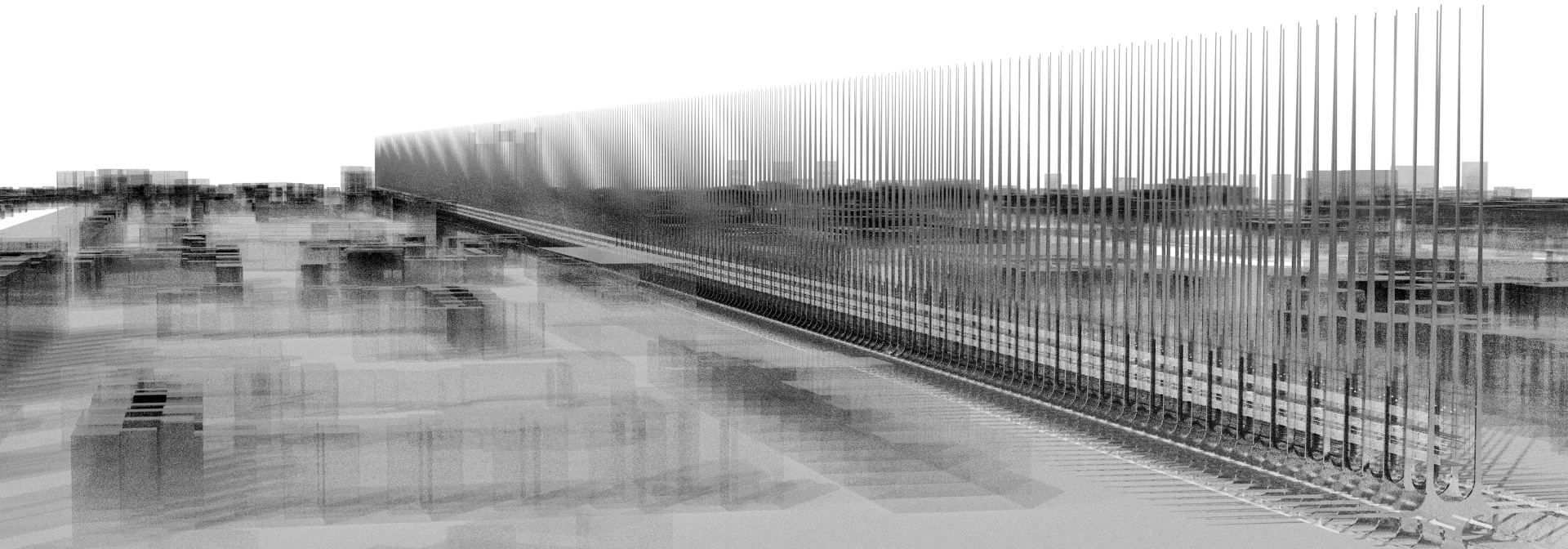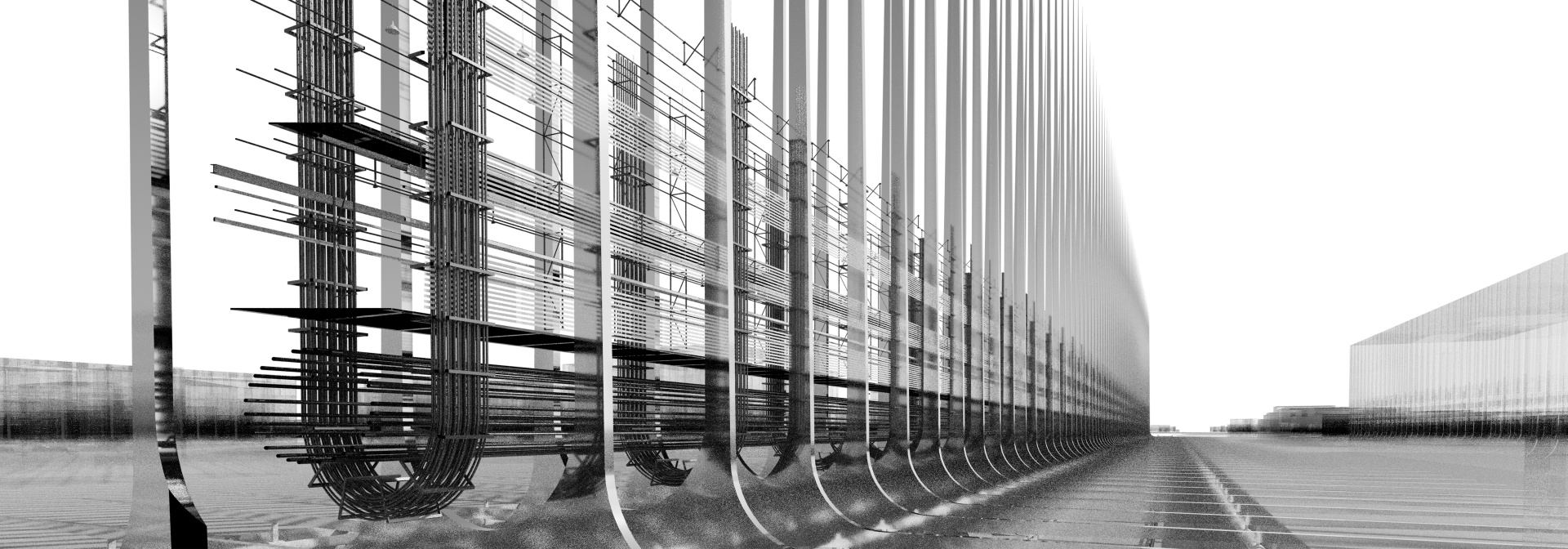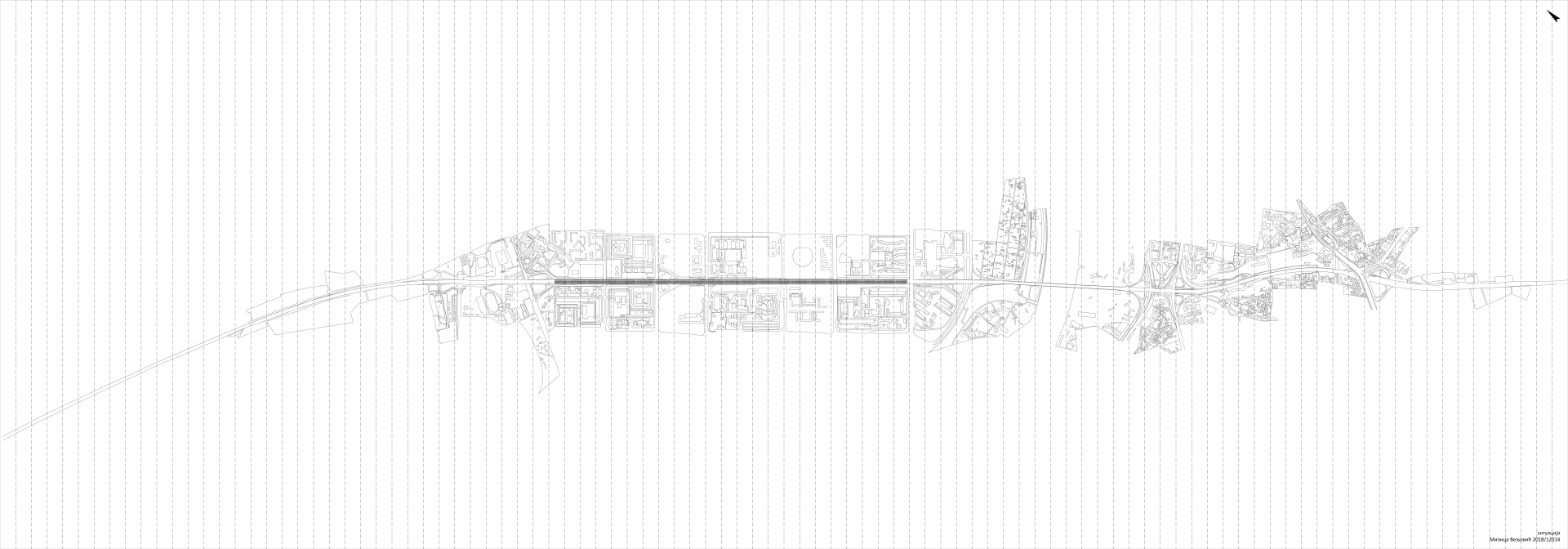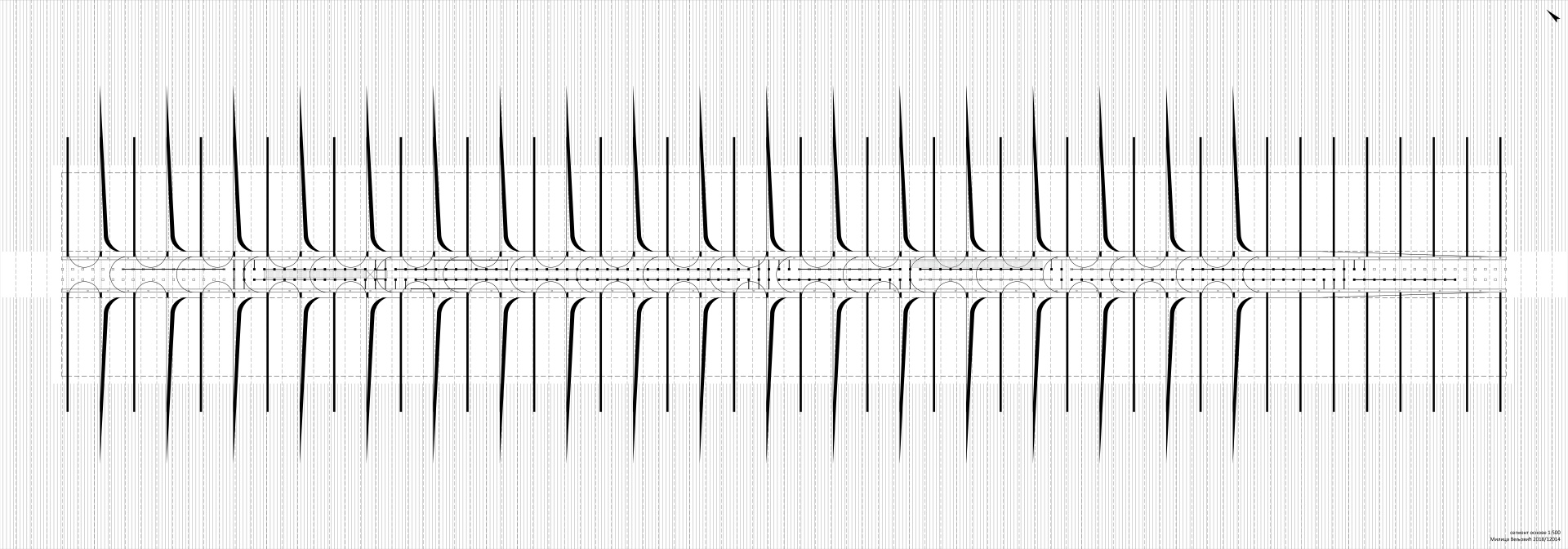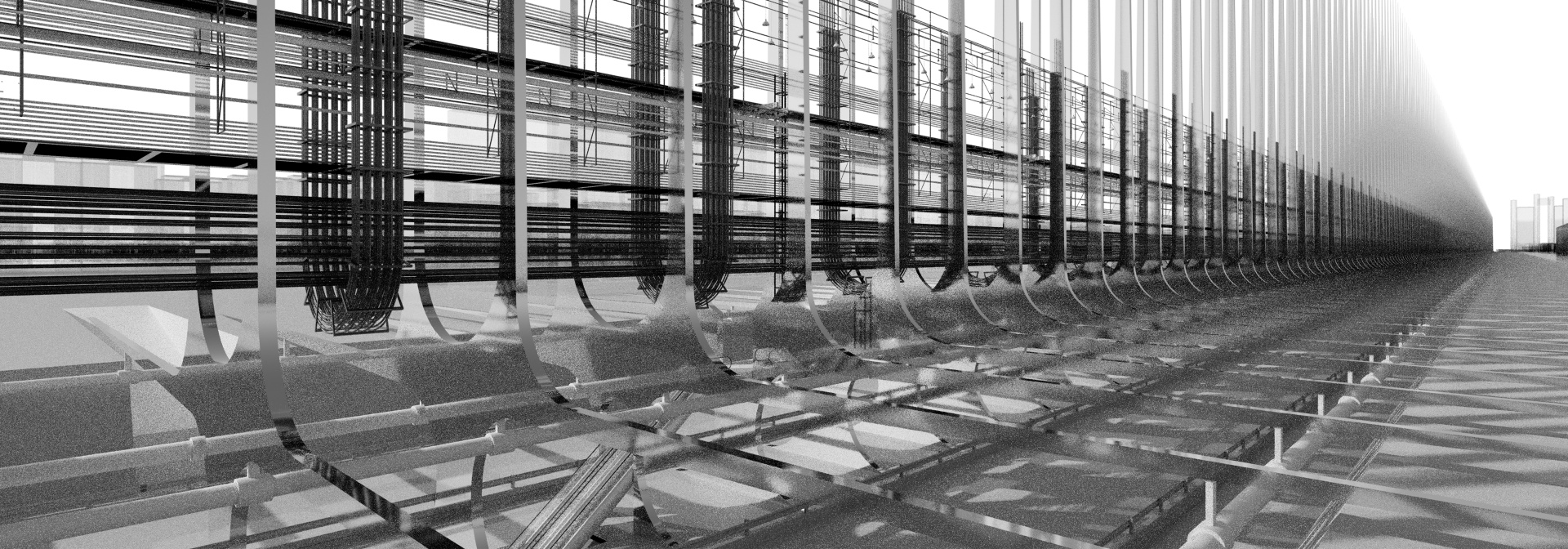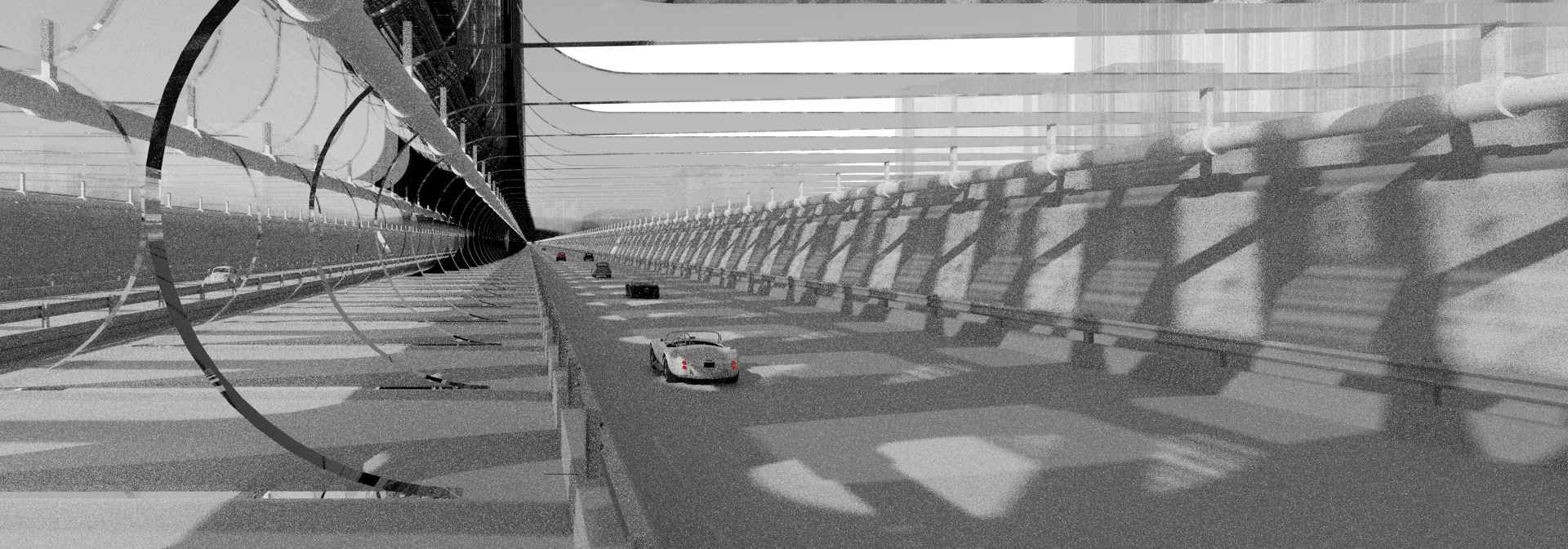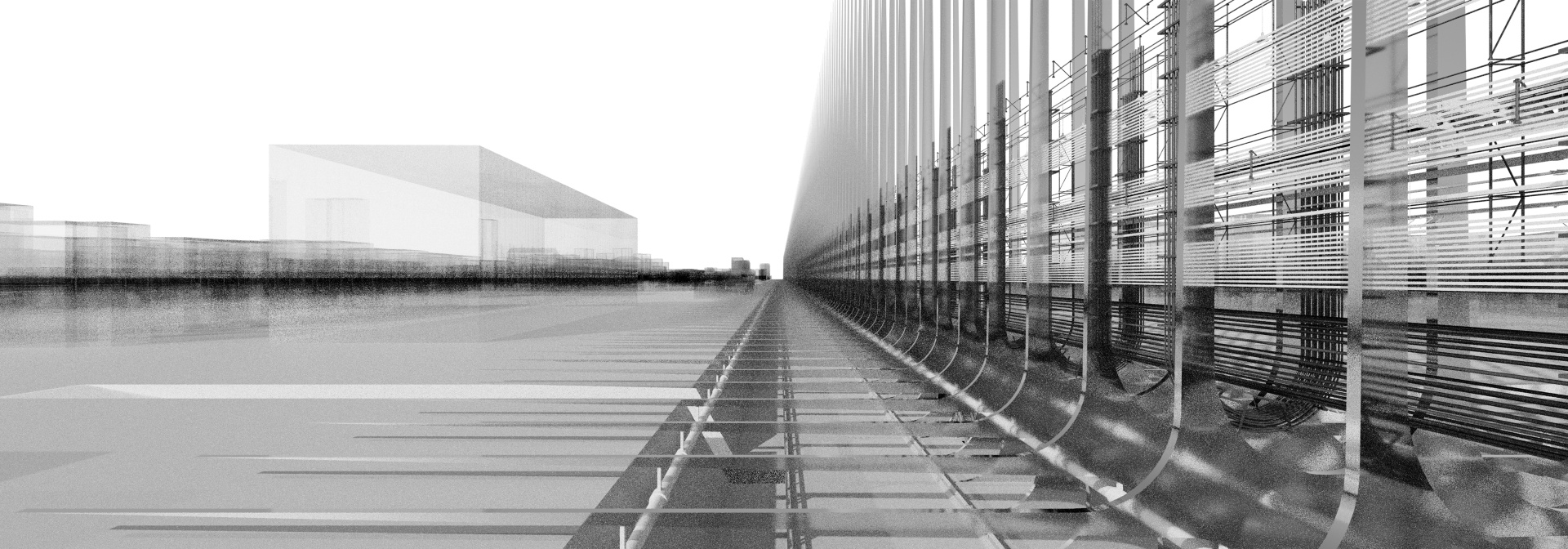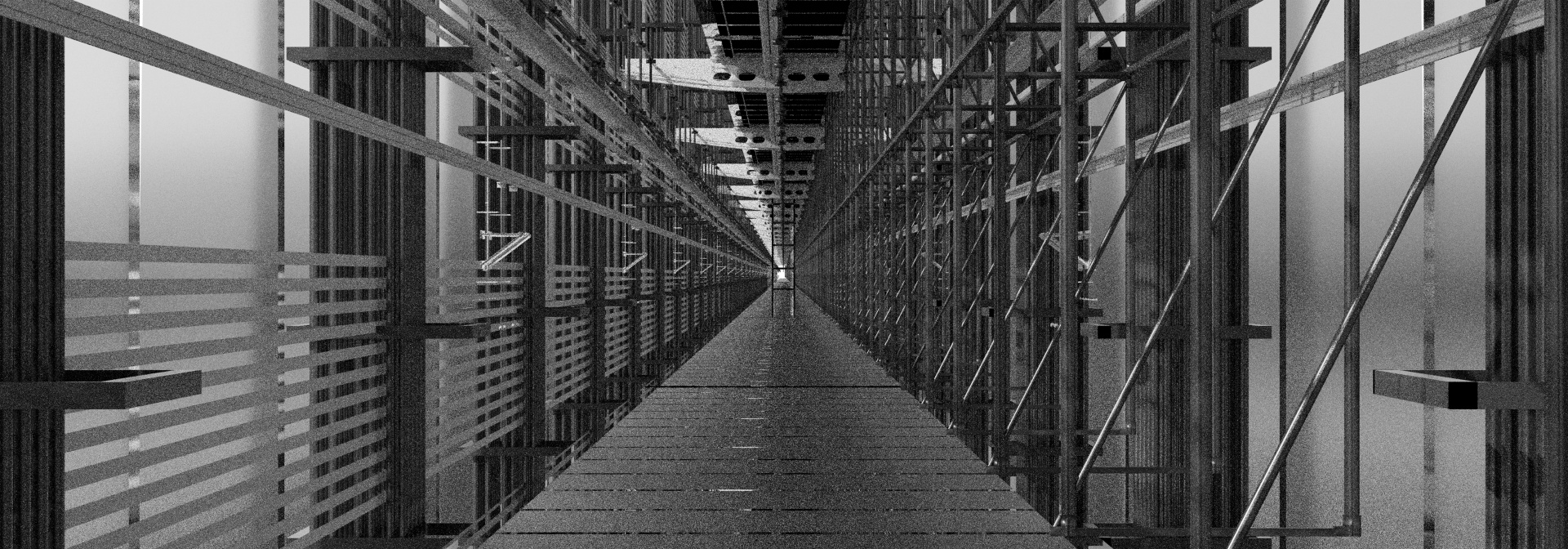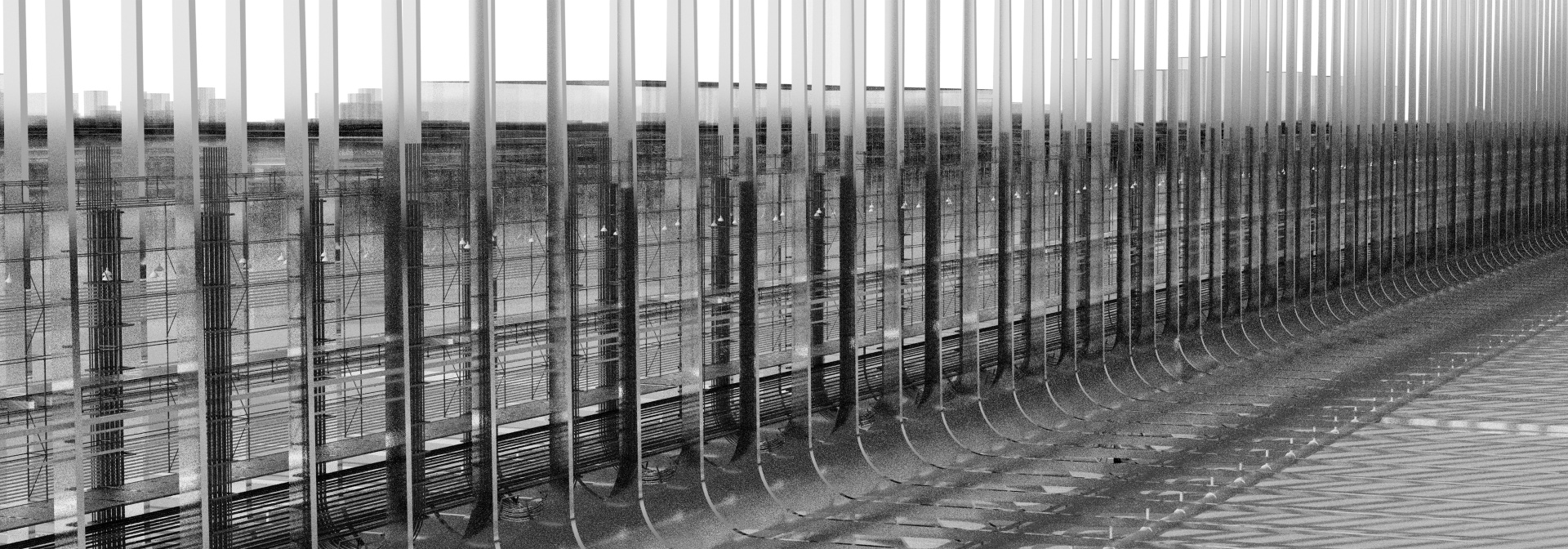Milica Veljović
The research emphasizes the concept of nostalgia, which depicts the interaction between the need for a place that no longer exists or never existed and the feeling of leaving a place or moving. As such, nostalgia manifests itself as a performance that survives exclusively at a distance, navigating the boundaries between the real and the imagined. Interpreting the cinematic portrayal of nostalgia as a double exposure, the superimposition of two different images, the thesis explores the space between the known and the unknown, past and present, dream and reality. It does not follow a single plot, it explores ways of inhabiting multiple places at once and projecting different time zones; loves details.
It is pointed out the need to isolate oneself from the literal context and adopt a different perspective while observing the city. With that, it becomes obvious that the image of Belgrade, or any other city, is not based only on what we witness at the moment, but is rather a culmination of fragments, memories and experiences. Although memories, as such, may differ among individuals, the thesis explores the existence of a universal framework underlying the formation of this subjective perception.
Ultimately, as the present fades, this research seeks to portray the past as more real and enduring. Our perception is constantly evolving, in this regard, this catalog does not know its finality, which leads to different interpretations.
Committee members:
Jefto Terzović, PhD, assistant professor
Ivan Simić, PhD, assistant professor

